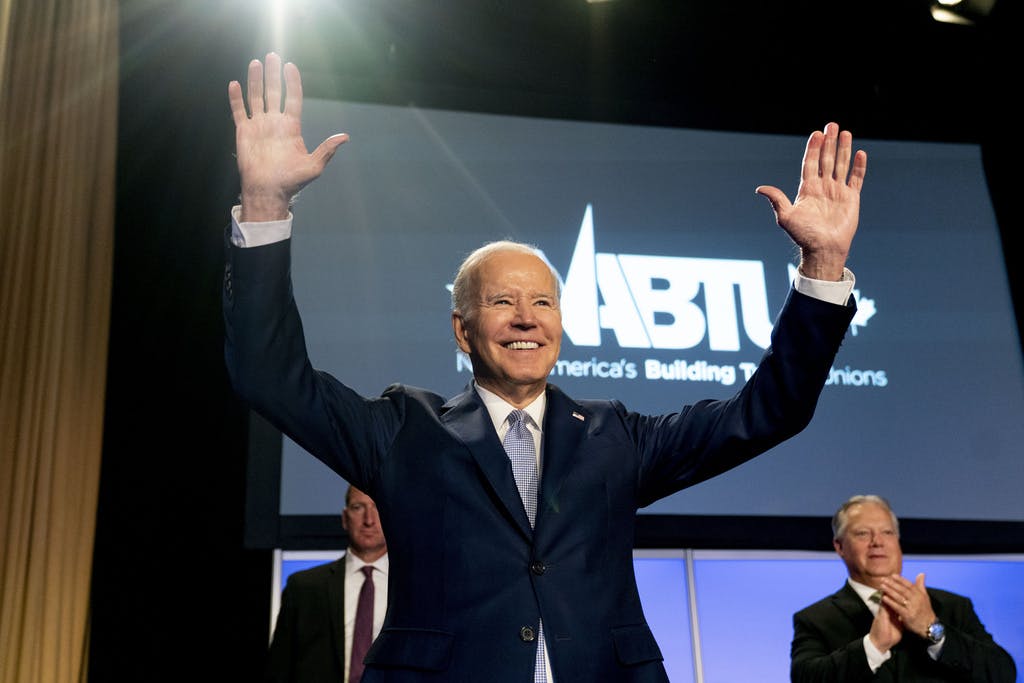
Iran Adds 7 Years to Prison Sentence for Nobel Laureate Narges Mohammadi
By SUN STAFF and ASSOCIATED PRESS
|For many, it appeared as if someone in the president’s campaign office simply typed all of the English sentences into Google translate and regurgitated them.

Already have a subscription? Sign in to continue reading

By SUN STAFF and ASSOCIATED PRESS
|
By MATTHEW RICE
|
$0.01/day for 60 days
Cancel anytime
By continuing you agree to our Privacy Policy and Terms of Service.
By DAVID JONES